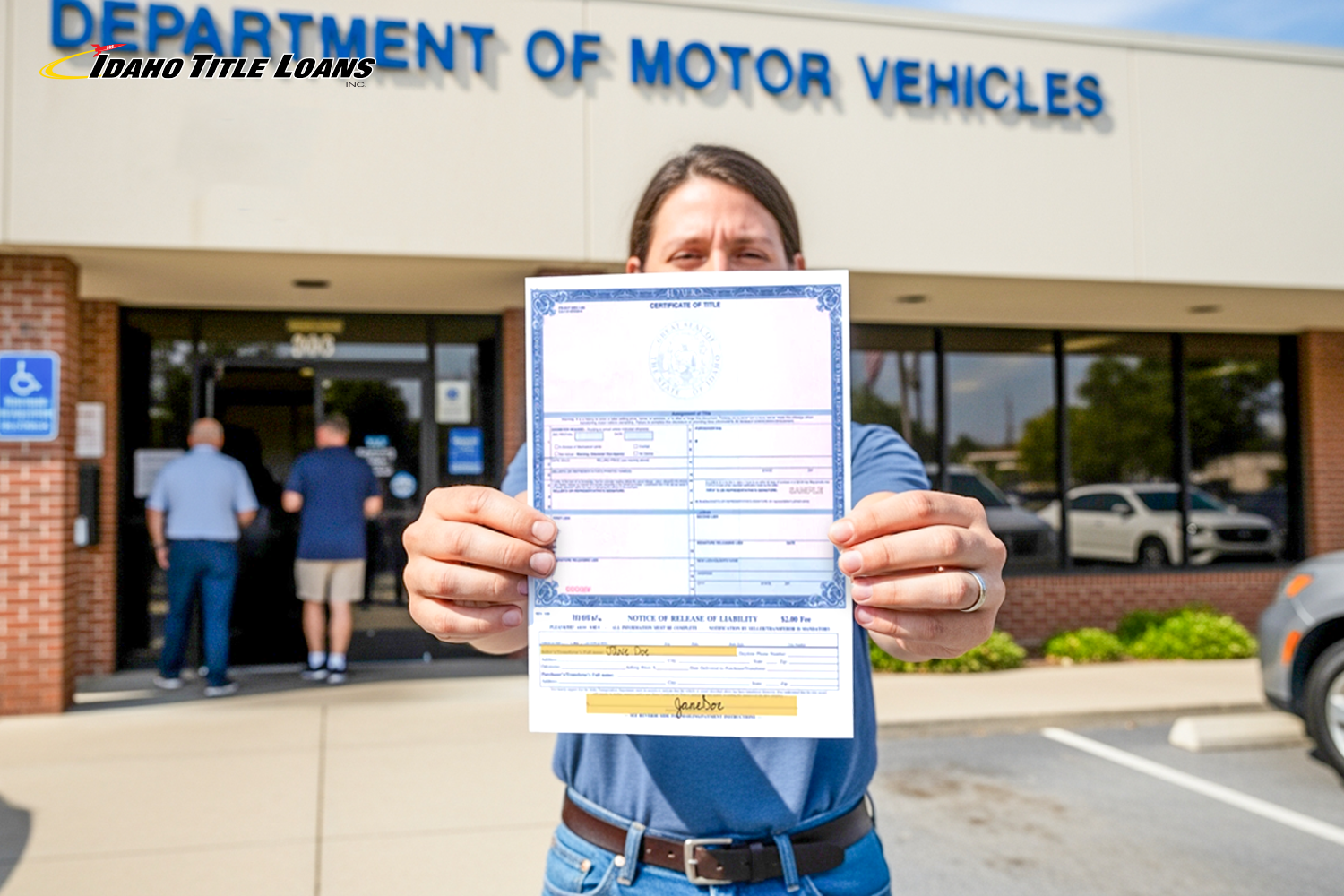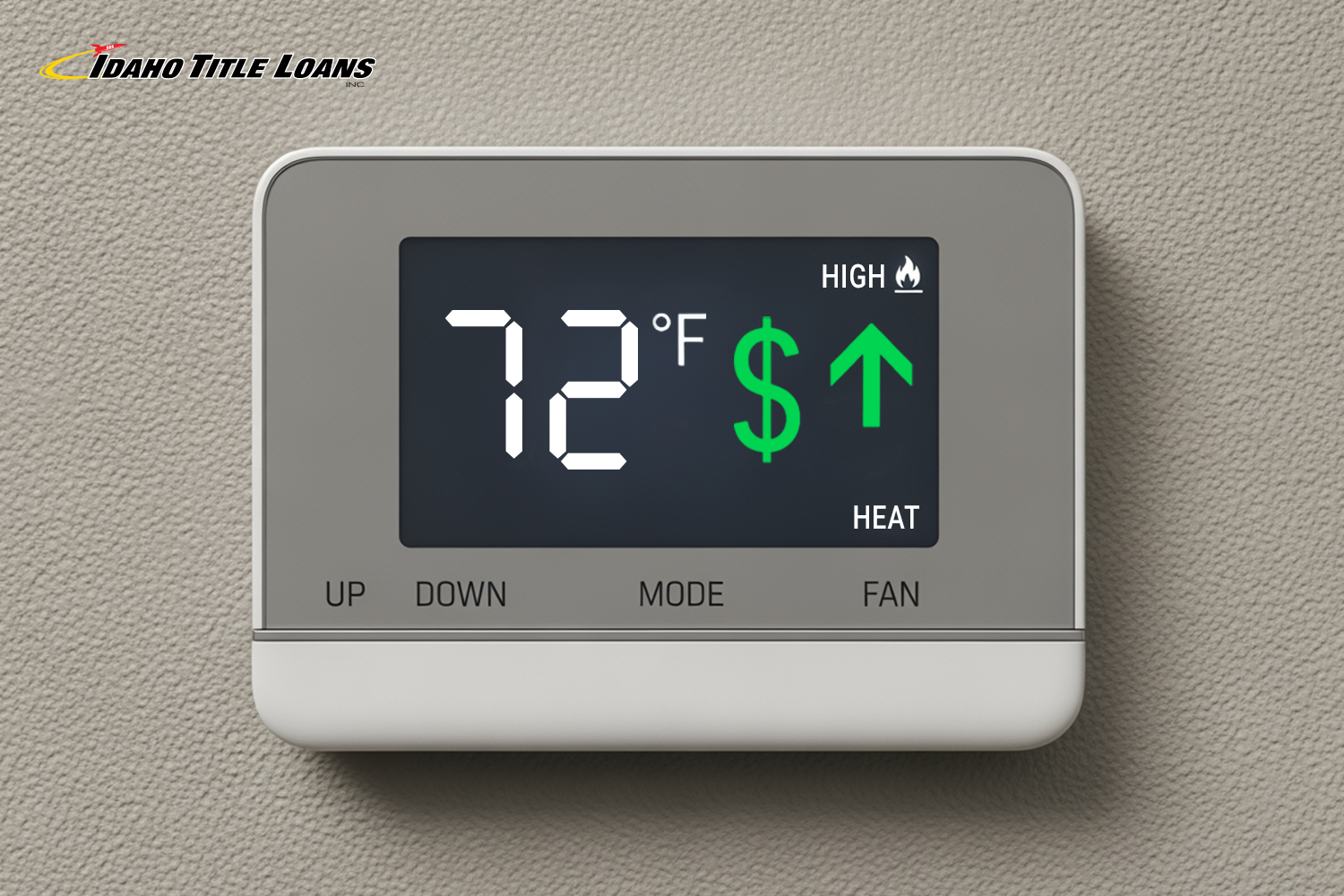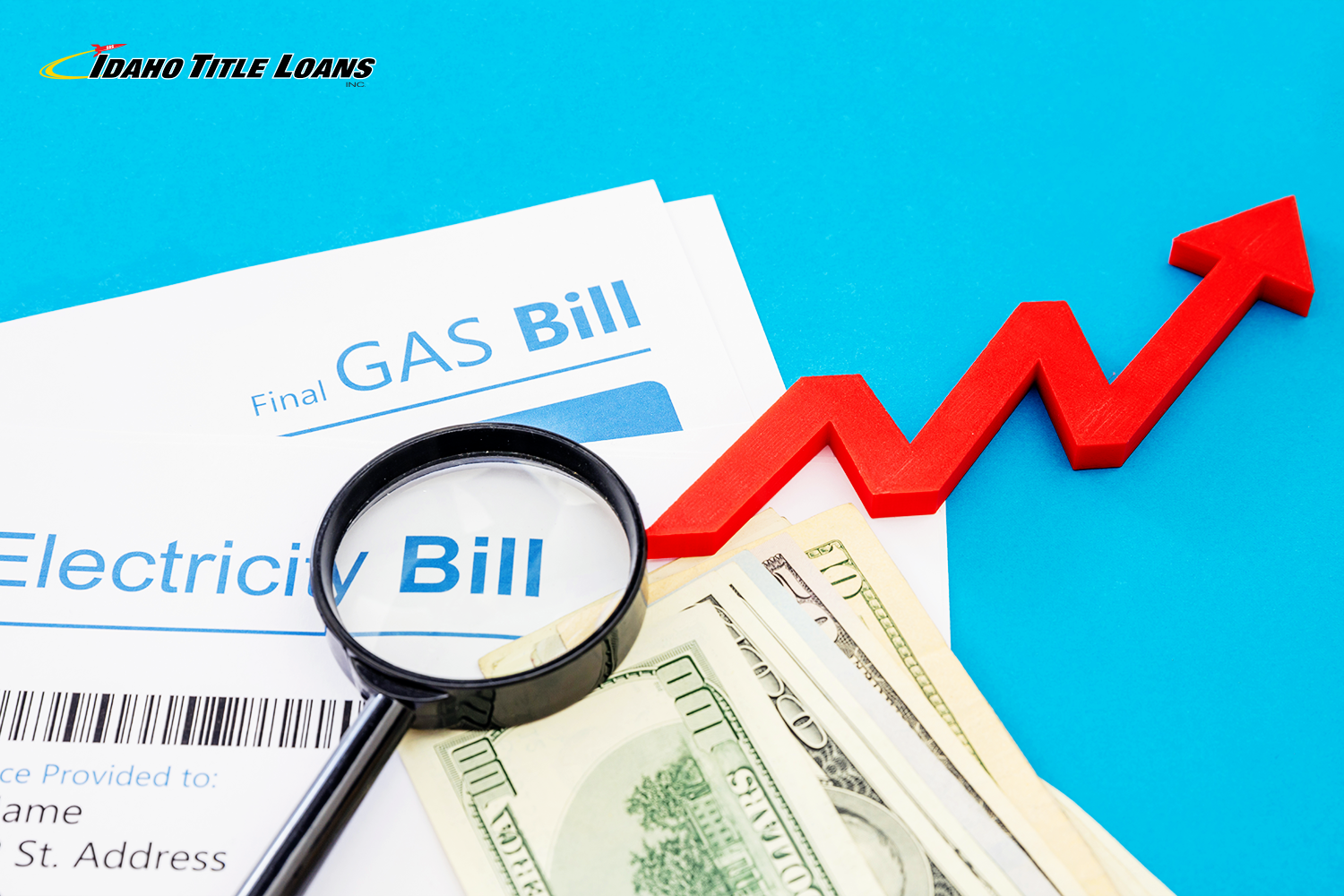Whether large or small, everybody has a vice. It could be a $5 caramel latte on your way into work or a few alcoholic drinks at the end of the day as a treat. Whatever it is, it isn't necessarily great for you or your finances. But the financial vice challenge is here to help.
Cutting frivolous spending is the ticket to financial freedom, and that's exactly what your goal is during this challenge. 2024 has only just begun, giving you plenty of opportunities to kick your bad physical and monetary habits.
In the following sections, we'll go through everything you need to know about the financial vice challenge, how to do it, what to cut, and how you should use your saved money.
Financial Vice Challenge: Quitting "Vices" Boosts Savings And Increases Financial Literacy
Moderation can keep the damage in check. However, indulging too much or too often can have a negative impact on your life. From economic dips to mental health lows to physical health decreases, your vices may be preventing you from reaching your full potential.
To do the financial vice challenge, you aim to cut out one, a few, or all of your vices for a whole month or even longer. That way, you'll become more mindful of your frivolous spending and save money in the process.
Contrary to popular belief, this isn't about making life less enjoyable. Instead, it's about slowing your outgoings and building your savings. Even slashing one vice can save you hundreds of dollars every year.
You can use the information below to figure out what qualifies as a financial vice.

Small Vices
Consider these the small things that may give you an ounce of joy at the moment, but you could live quite happily without:
- Excessive shoe or clothes shopping
- Ordering takeout every week
- Eating out at a restaurant every week
- Always shopping on the weekend
- Buying a coffee every day before going to work
- Buying breakfast every day before work
- Going out for lunch during office hours
- Purchasing countless home decor items
- Buying excessive cleaning products
Large Vices
These are undoubtedly the hardest to quit, but they'll bring you financial, physical, and mental health if you do:
- Nicotine products — The current national average cost for a pack of cigarettes is $6.43, running as high as $8.99 in Hawaii, $9.08 in Massachusetts, and $10.4 in New York. So, if you smoke a pack a day, you're splashing about $192.90 per month, according to the national average. Think about what you could do with that money! You could open a savings account and deposit the exact figure into it each month. Or you could sign up for the gym or get a subscription service you've always wanted.
- Alcohol — An alcoholic beverage or two occasionally isn't going to impact your budget too much. However, it can become an expensive habit if you constantly go out for drinks. For instance, the average price of a beer at a pub or bar in San Diego is $8, while a cocktail at a Los Angeles nightclub can be as much as $18. With that in mind, going to the bars every weekend and having four drinks every nice could drain $256 to $576 on alcohol every month.
- Gambling — Gambling includes everything from playing poker with friends to sports betting to lottery tickets to horse racing to casino trips. While buying one ticket is pretty harmless, frequent gambling can wreck your financial climate. Just make sure you know how much you're comfortable losing and don't be tempted to go beyond it.
Frivolous Spending Begone! What Should You Do With All Your Saved Money?
Regardless of how many vices (large or small) you decide to give up during the financial vice challenge, you'll be able to save a substantial amount of cash. So, the question is: what are you going to do with it?

Here are a few ideas:
- Save for a holiday
- Save for a house
- Save for a wedding or other big life event
- Up your retirement contributions
- Save for emergencies
The latter is ideal. Saving for emergencies means you won't panic when something unexpected occurs. But if you haven't saved enough by the time an emergency strikes, we're here for you! At Idaho Title Loans, Inc., you can borrow up to $15,000 with a title loan or get between $100 and $500 with a payday loan, allowing you to cover emergency costs ASAP.
Fund Emergencies With A Loan From Us At Idaho Title Loans, Inc.!
Taking part in the financial vice challenge will ensure you become more mindful about frivolous spending and in turn get your finances back on track.
But if an emergency strikes before you have enough cash saved, just complete our online inquiry form to borrow up to $15,000 in title loan funds. That should help to cover the cost of almost any emergency.
Note: The content provided in this article is only for informational purposes, and you should contact your financial advisor about your specific financial situation.







